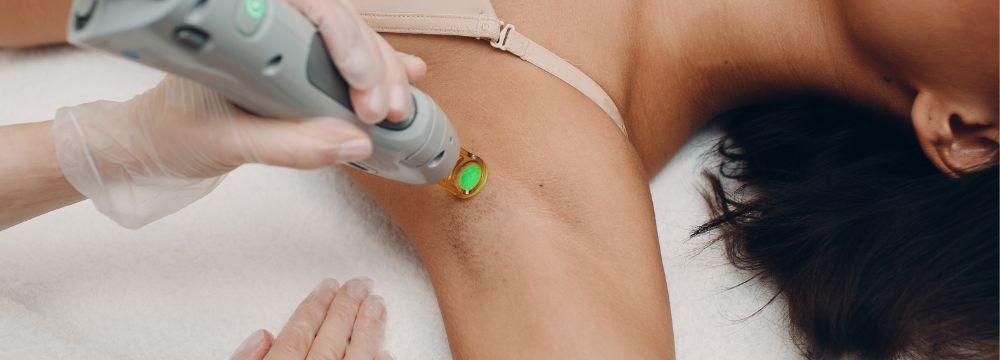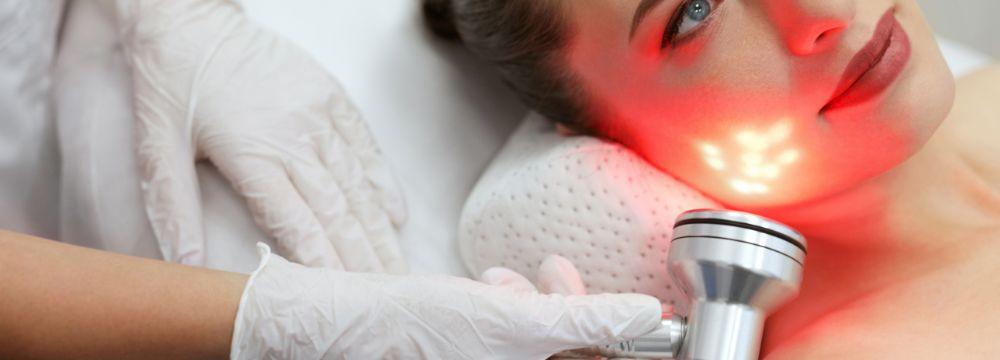Why You Should Wear Sunscreen in the Car
As a health-conscious person, you’re probably already familiar with the risks of not wearing sunscreen when you step out into the sun. But should you slather on the SPF for a quick drive-thru run or weekend road trip? Yes! Your skin needs protection when exposed to the sun’s rays — including inside your car. Here’s the what, why, and how of in-vehicle sun protection.
The Sun and Sunscreen: A Quick Primer
Before we talk about protecting yourself from sun exposure in your car, you should know the basics. During the day, the sun emits ultraviolet (UV) radiation. There are three types of UV rays: ultraviolet A (UVA), ultraviolet B (UVB), and ultraviolet C (UVC). UVA rays are the most prevalent and can penetrate far beyond the surface levels of your skin, causing sun damage and even skin cancer. UVB rays penetrate less deeply but can still have similar effects. The Earth’s ozone layer blocks UVC rays, so they do not pose a risk to humans.
Fortunately, a good sunscreen can help reduce exposure to UVA and UVB. Sunscreens made with titanium dioxide and zinc oxide are a physical barrier between your skin and the sun, scattering the rays before they hit your skin. Chemical sunscreens, which use ingredients like avobenzone and homosalate, absorb UV rays and release them from your body without harming your skin. Some sunscreens use a combination of physical and chemical ingredients.
Over many years, damage from the sun can build up, resulting in wrinkles and discoloration (sunspots). It can also increase your likelihood of developing skin cancer. Treatments for skin cancer can range from in-office treatments to surgery and even chemotherapy and radiation. It’s a hassle, unpleasant, and sometimes dangerous. That’s why protecting your skin from sun exposure at every turn —including in the car – is important.
Can UV Rays Penetrate My Car Windows?
In a word, yes. The front windshields of cars are made of specially treated glass, which blocks most UVA and UVB radiation. But protection is much less effective regarding the side windows — and those of buses, airplanes, and trains. This glass is pretty good at guarding against UVB rays, but it doesn’t do much to stop UVA rays (which are the more damaging kind). Research backs this up: A study published in the Journal of the American Academy of Dermatology, for example, found that skin cancer patients at a hospital in St. Louis, Missouri, were significantly more likely to have cancerous lesions on the left side of their body than the right. Since drivers sit on the left side of the car in the U.S., this was a possible indicator that vehicles aren’t safe zones when it comes to sun rays.
So, what does this mean for you? It means applying adequate SPF sunscreen to your exposed skin is a good idea when you’re riding, flying, or driving. You’ll be covered if the only seat left is in the glaring sun.
Keep the windows closed for extra protection, and shut any other openings, like sunroofs.
Window Tinting for UV Protection
The standard car windows from most vehicle manufacturers do not provide UV protection. However, many aftermarket options, such as those from LLumar and 3M, do. While relying solely on window tint to protect you from the sun’s rays is not wise, it can provide some extra reassurance. Remember that Georgia, like other states, has laws regarding how dark a car’s window tint can be. Check with your local aftermarket installer if you’re unsure what’s legal where you live.
Before Your Trip: Apply SPF Like a Pro
So, now you know not to skip the sunscreen on a car trip — but that’s only half the battle! Correct application is an essential factor, too. Follow these tips for successful sun protection:
- Plan. Sunscreen takes time to absorb into your skin and become fully effective. Apply sunscreen to all exposed skin at least 15 minutes before you plan to be in the sun (ideally, allow even more time since some formulations may need half an hour for maximum protection).
- Pick the right product. Choose a sunscreen with an SPF of at least 30 that protects against UVA and UVB rays. The words “broad spectrum coverage” often signal this on the packaging. Or look for a product that contains either zinc oxide or titanium dioxide since they can block UVA and UVB rays.
- Use a lot. Most adults need about 1 ounce of sunscreen (a shot glass full) to cover their entire body. If you’re riding fully clothed in a car, you probably won’t need that much, but make sure you use more than a smear.
- Re-apply often. Sunscreen wears off within a few hours, so your morning application will be less effective by lunchtime. If you’re in the car frequently, consider keeping a bottle of SPF in it to make things easier.
Extra Mileage: Other Methods of Sun Protection in the Car
If you’ve decided that your skin and UV rays don’t mix, a few extra precautions will help you level up your sun protection game the next time you hit the road. These include:
- Using an SPF-rated lip balm
- Wearing a wide-brimmed hat for extra shade
- Wearing a long-sleeved, dark-colored shirt or special clothes that have sun-protective capabilities
- Using UV-protective sunglasses (preferably wraparound style for maximum eye coverage)
Here’s to a good trip and happy, healthy skin!
References
- https://www.fda.gov/radiation-emitting-products/tanning/ultraviolet-uv-radiation#UVC
- https://www.cdc.gov/niosh/topics/sunexposure/default.html
- https://www.skincancer.org/skin-cancer-prevention/sun-protection/sunscreen/
- https://www.skincancer.org/blog/surprising-danger-planes-trains-automobiles
- https://www.3m.com/3M/en_US/p/d/b00016706/
- https://llumar.com/na/en/automotive/window-tint/
- https://www.aad.org/public/everyday-care/sun-protection/shade-clothing-sunscreen/how-to-apply-sunscreen
- https://www.mdanderson.org/publications/focused-on-health/Sunscreen-Tips-to-wear-it-well.h25Z1591413.html




